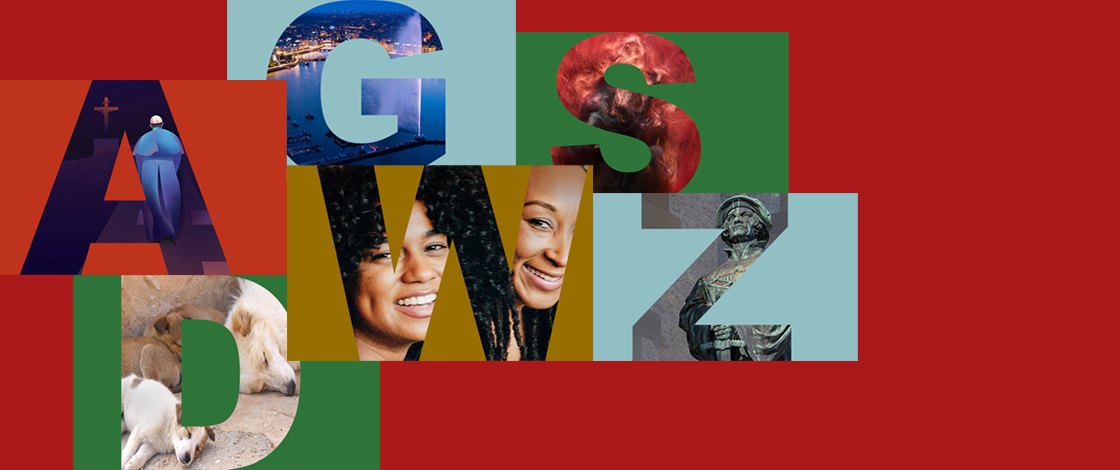D–H, Democracy–Hunger
The A–Z of the Swiss Reformation
Inspiring and fascinating facts from ADRIAN to ZWINGLI
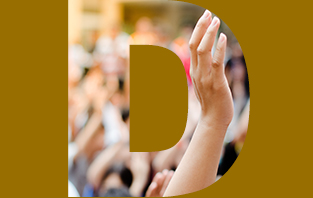
Democracy.
Even though the Bible served as the sole reference in questions of faith as far as Zwingli was concerned, it failed to provide any ready solutions for the organisation of authority within the church. To choose pastors, deacons and elders, people therefore consulted the community, which gave its opinion on the various candidates. Whoever received the most support was selected. Elections and the Swiss democratic process emerged from this and other practices. The Dominicans also served as an example in this regard, having organised themselves in a similar manner from the 13th century onwards. One difference here between Reformed and Catholics revolved around the role played by the cleric in the community. For Reformed Christians, every believer was a “Pope with a Bible in the hand” (Bossuet) while within the Catholic Church, priests were ordained to serve as mediators between Christ and the faithful.
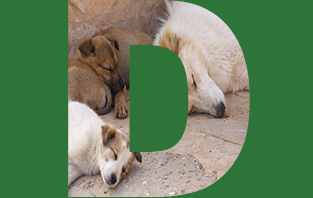
Dog.
“We despise God as if he were an old sleepy dog.” Zwingli
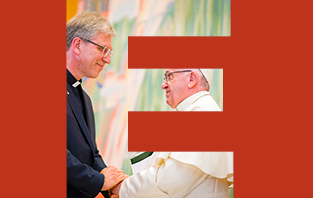
Ecumenism.
Attempts at rapprochement between Protestants and Catholics did not only begin in the 20th century. From the very beginnings of the schism, shared concerns can be observed between the opposing denominations. On the relationship between church and state, Luther, Zwingli and Calvin were all united in their opposition to revolutionary radicalism among peasants and Anabaptists. Even in questions of money, music and, of course, the sacraments, opinions did not always diverge so strongly. And on the relationship between the church and its individual members, the movement to recover intellectual and pastoral control was present in both denominations.

Enjoyment.
“God did not only provide for our necessity but also for our enjoyment and delight. With regard to herbs, fruits, and trees, he wanted their beauty to delight the eye and their scent to provide us with pleasure. Has the Lord adorned flowers with all the beauty which spontaneously presents itself to the eye, and the sweet odour which delights the sense of smell, and shall it be unlawful for us to enjoy that beauty and this odour?” Calvin
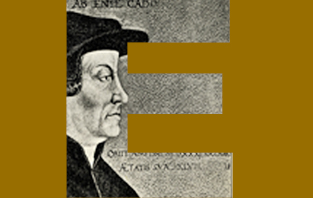
Erasmus.
The Rotterdam humanist was an optimist, in contrast to the 26-year-younger Luther. The former considered that human wisdom served to promote the welfare of the world, while Luther saw this as an illusion. For Erasmus, who was active in Basel, “The religion of Jesus is none other than a perfect friendship.”
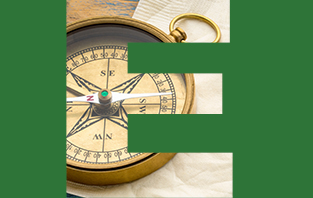
Ethics.
For Luther, divine law revealed the imperfection of humans, who fundamentally failed to respect God’s commandments. Zwingli and Calvin were less pessimistic. For Calvin, the law of the Bible was an invitation to sanctify one’s behaviour for the benefit of others and to place them in a position of recognising the ultimate truth. The reformers fought against economic, social and cultural injustice, seeking to ensure that people could maintain their individual freedom before God. Social welfare and health care for all serve to strengthen the autonomy of others. Protestant ethics have been a source of human rights ever since, advocating for the protection of each individual’s freedom.
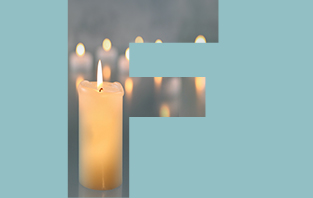
Faith.
“Faith is a vision of things not seen.” Calvin

Fatigue.
“Come to me, all you that are weary and are carrying heavy burdens, and I will give you rest.” This passage from the Gospel of Matthew (11:28) appeared at the top of a large number of Zwingli’s texts.

Geneva.
As of 2020, only 10% of the city’s population is Re-formed, and yet the city of Calvin is still regularly referred to as the Protestant Rome by its supporters. The Reformation was proclaimed there in 1535 and the arrival of Calvin one year later would transform the future of the town, which straddles the border between Switzerland and France. The host of the UN’s second headquarters, in addition to New York, Geneva has developed particularly thanks to the influx of Huguenots and later Swiss who flocked to the liberal town. Historians submit that anti-Calvinism is as old as Calvin here, and some say that it even preceded his birth. In 2012, the city celebrated the 300th anniversary of Jean-Jacques Rousseau, another of its illustrious citizens, along with the linguist Ferdinand de Saussure and the educator Jean Piaget.
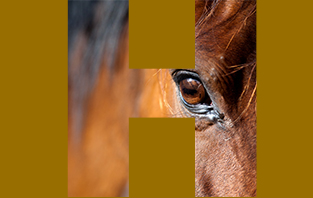
Horse.
Luther: “Human nature is like a drunk peasant. Lift him into the saddle on one side, over he topples on the other side.”
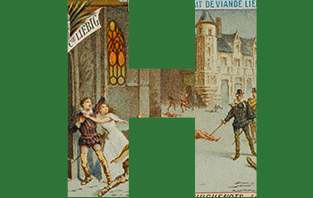
Huguenots.
These Protestant refugees fled France after the religious wars in the 15th and 16th centuries and would bring about the development of watchmaking and banking in Switzerland. The group’s name may derive from the German word eidgenössisch, referring to the Swiss Confederation. Within Germany, 50000 Huguenots settled in Brandenburg, where they introduced oranges, lemons, cauliflowers, peas and artichokes.

Humanitarian.
In 1515, Francis I crushed an army of 20000 Swiss soldiers at Marignano. The Swiss were in the pay of Pope Leo X, the same Pope who would excommunicate Luther in 1520. Zwingli served as chaplain to his compatriots, and would fight for the rest of his life against mercenary activity. 344 years later, just a few kilometres from the site, the Genevan Protestant Henry Dunant witnessed the terrible Battle of Solferino and set up the Red Cross as a result, to aid the injured in time of war, whatever their nationality.
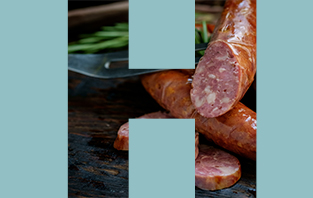
Hunger.
At full capacity, 16th century printers produced one page every 20 seconds. With the Reformation, however, the pressure on typographers increased due to the popularity of Luther and Zwingli’s writings. However, workers went hungry, especially during Lent, when no one was permitted to eat meat in the 40 days preceding Easter. In 1523, the employees of the printer Froschauer in Zurich decided to ignore this rule and had a feast of sausages, in the presence of Zwingli, who did not say a word. This would turn out to be quite the scandal. In the subsequent discussion on the matter, however, it was determined that there was in fact no biblical basis to condemn the fast-breakers. A discussion was convened, the outcome of which was that fasting was not biblical. For the Reformers, anything that wasn’t prohibited by the Bible was permitted!
